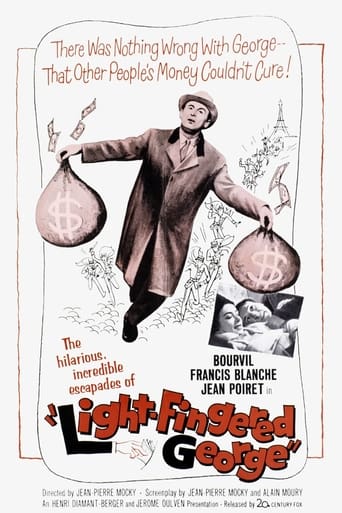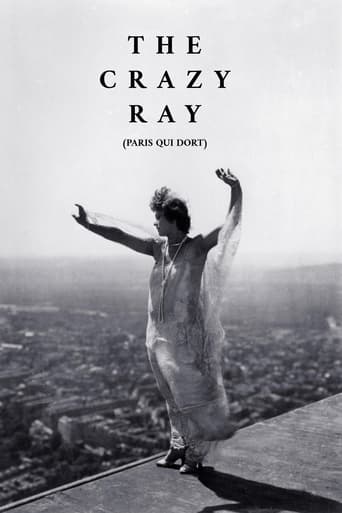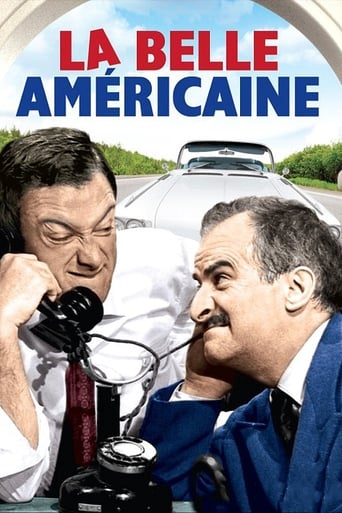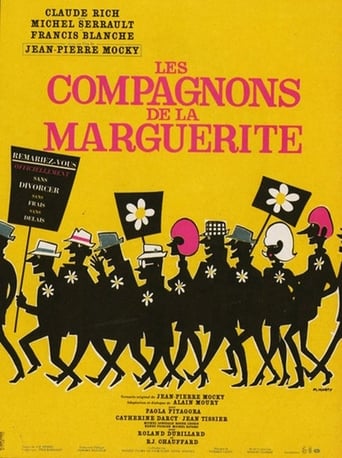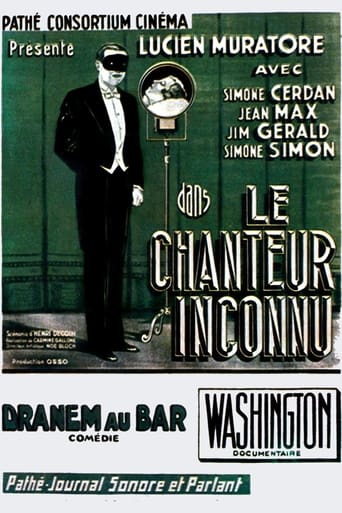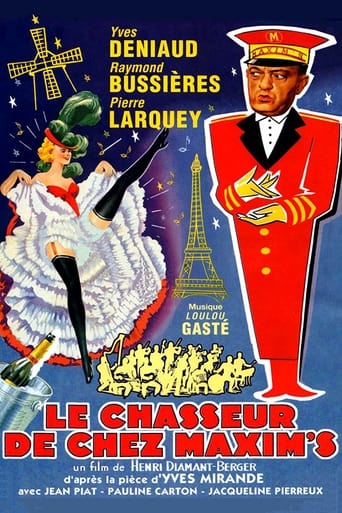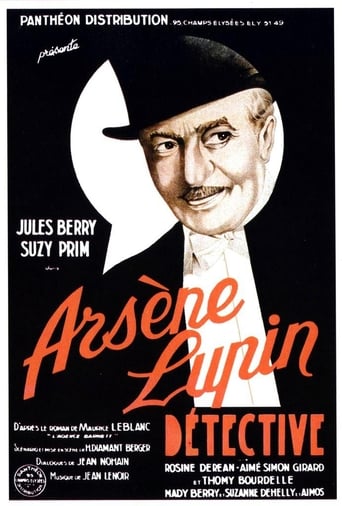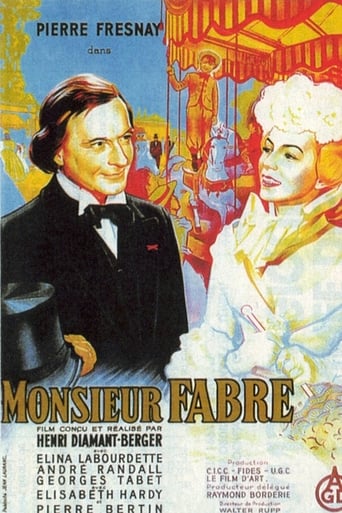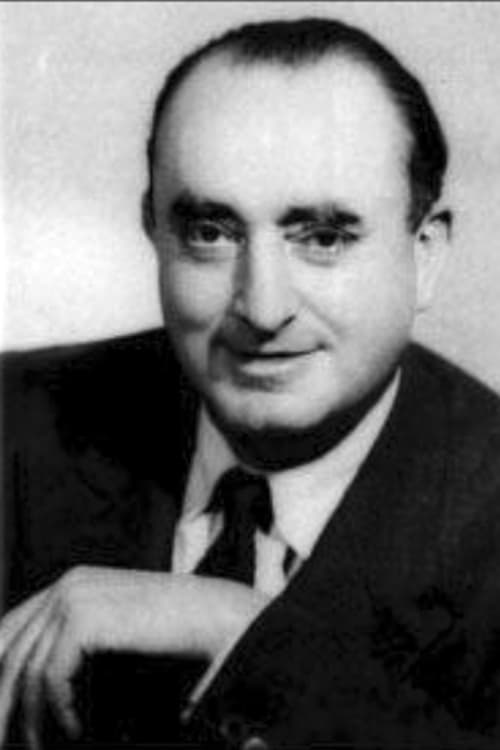
Henri Diamant-Berger
Personal Info
Known For Director
Gender Male
Birthday 1895-06-09
Deathday 1972-05-07 (76 years old)
Place of Birth Paris, France
Also Known As Henri Simon Diamantberger, Анри Диаман-Берже
Henri Diamant-Berger
Biography
Henri Diamant-Berger (9 June 1895 – 7 May 1972) was a French director, producer and screenwriter. In a career that lasted more than 50 years, he directed 48 films between 1913 and 1959, produced 17 between 1925 and 1967 and wrote 21 screenplays between 1916 and 1971. Born in Paris, to a Jewish family, he studied to be a lawyer but was drawn to the motion picture business. He began his career when he co-directed the 1913 silent film short De film... en aiguilles with André Heuzé. In addition to writing screenplays, during the period from 1916 to 1919, Diamant-Berger also published and edited a film magazine and books about the movies. In 1918, he was hired by Pathé and sent to the United States to help set up the company's film laboratory at Fort Lee, New Jersey. Upon his return to France, Pathé had him set up a laboratory in Vincennes, as well as organize a film studio in Boulogne-Billancourt. In 1921, Diamant-Berger directed the film serial Les Trois Mousquetaires, one of two film versions of Alexandre Dumas, père's novel The Three Musketeers released in 1921 (the other was Douglas Fairbanks' version) . For a short time in the mid-1920s, he made pictures in the USA, including the drama Fifty-Fifty (1925) starring Lionel Barrymore. He also directed the 1927 silent film Éducation de Prince. By the end of the decade he successfully made the transition to talkies. Through his Barrymore connection, Diamant-Berger acquired the screen rights for a play produced on Broadway in 1921 written by John Barrymore's ex-wife, Blanche Oelrichs. His French language film version of the same title, Clair de lune (1932), starred Claude Dauphin and Blanche Montel. Among his notable sound films was a remake, Les Trois Mousquetaires (1932), a six-hour epic about the three musketeers for which he wrote the screen adaptation and used much of the same cast from his 1921 silent version. Diamant-Berger's other directorial efforts include two Arsène Lupin detective films in 1937. However, after directing Tourbillon de Paris in 1939, he lost eight full years to World War II. In 1951, he directed the acclaimed drama Monsieur Fabre starring Pierre Fresnay. During the 1960s, Diamant-Berger devoted himself exclusively to producing, making several successful films, which includes La Belle Américaine (1961), Heaven Sent (1963) and The Counterfeit Constable (1964). Henri Diamant-Berger died at age 76 in Paris. Source: Article "Henri Diamant-Berger" from Wikipedia in English, licensed under CC-BY-SA 3.0.
Known For
Director
as Director
as Director
as Director
as Director
as Director
as Director
as Director
as Director
as Director
as Director
as Director
as Director
as Director
as Director
as Director
as Director
as Director
as Director
as Director
as Director
as Director
as Director
as Director
as Director
as Director
as Director
as Director
as Director
as Director
as Director
as Director
as Director
as Director
as Director
as Director
as Director
Writer
as Screenplay
as Writer
as Writer
as Screenplay
as Screenplay
as Adaptation
as Screenplay
as Adaptation
as Screenplay
as Writer
as Story
as Writer
as Writer
as Screenplay
as Writer
Producer
as Associate Producer
as Producer
as Producer
as Producer
as Producer
as Producer
Actor
as Self (archive footage)
as Henri Diamant-Berger
